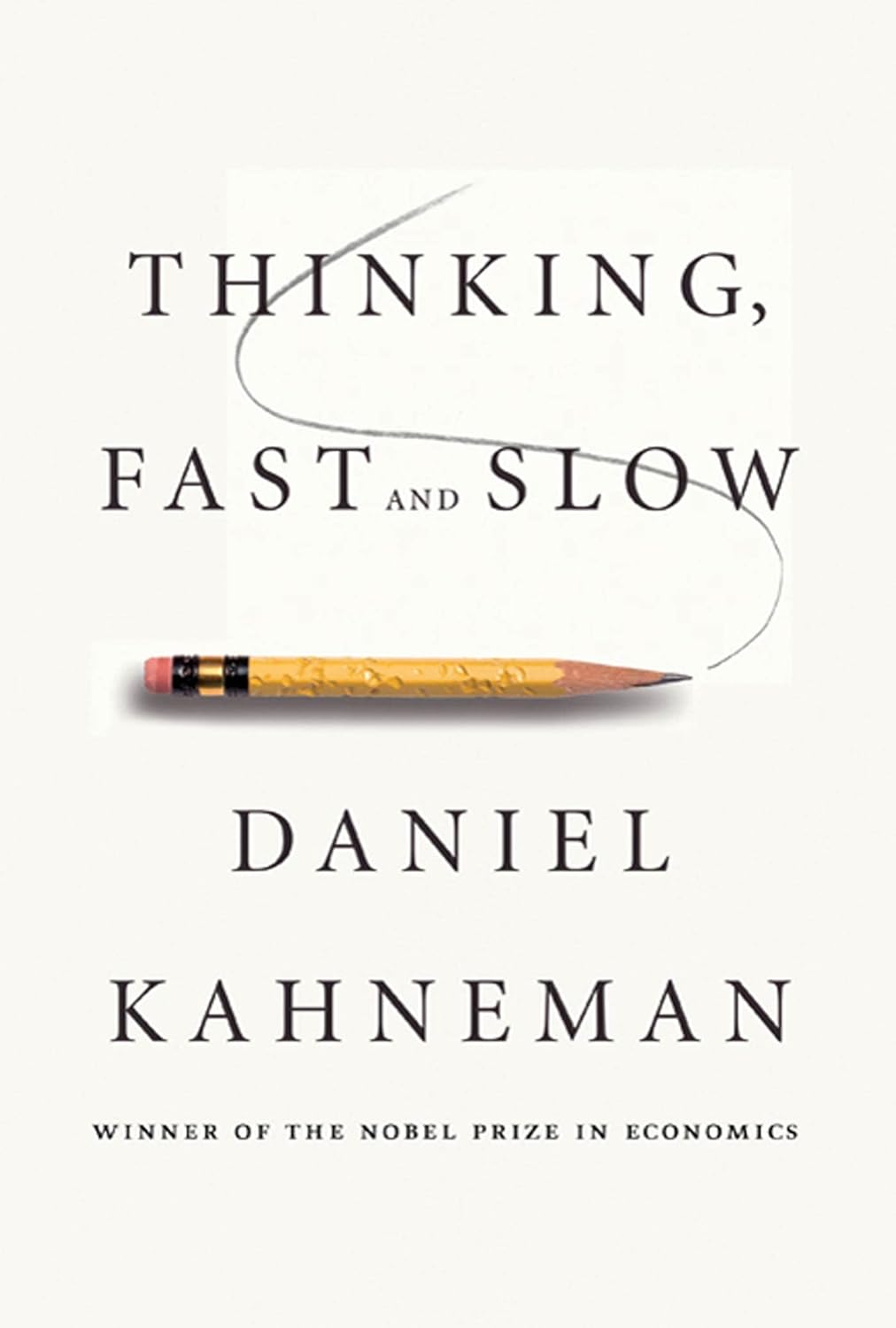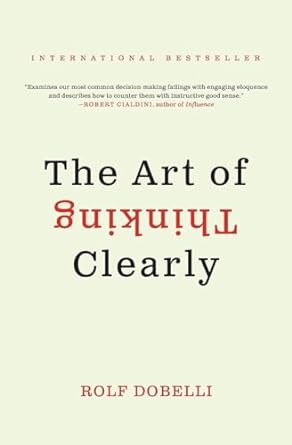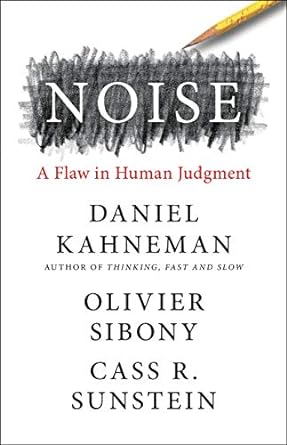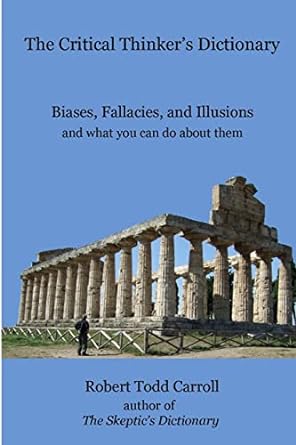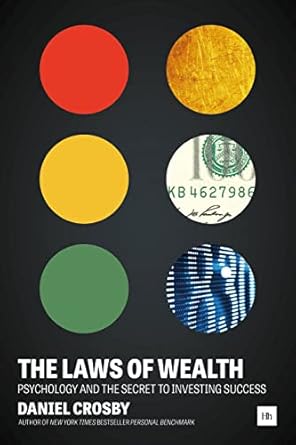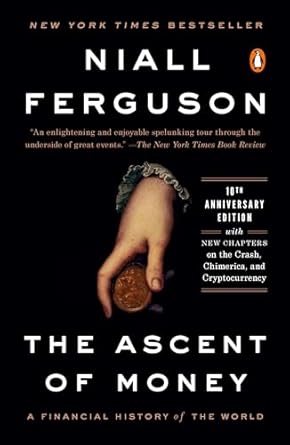Affect Heuristic
We often make quick judgements and decisions by consulting our current feelings, rather than concrete information.
Examples:- If we like a project we are more likely to believe the costs are low and the benefits are high.
- We tend to like most things about the politicians we favour.
Key Insights & Principles
Decision Making
Insights:- Current emotional state and preconceived value judgements can greatly influence decision making and risk perception.
- In relying on our feelings we limit our ability to make decisions based on concrete information.
- The affect heuristic is one of the reasons why brand (personal and commercial) can be so valuable.
- Practice observing your own feelings and emotions toward particular people or topics, pause, and consider why this is the case.
- Avoid making critical decisions in times of heightened emotional states.
- Use concrete and available information for decision making.

